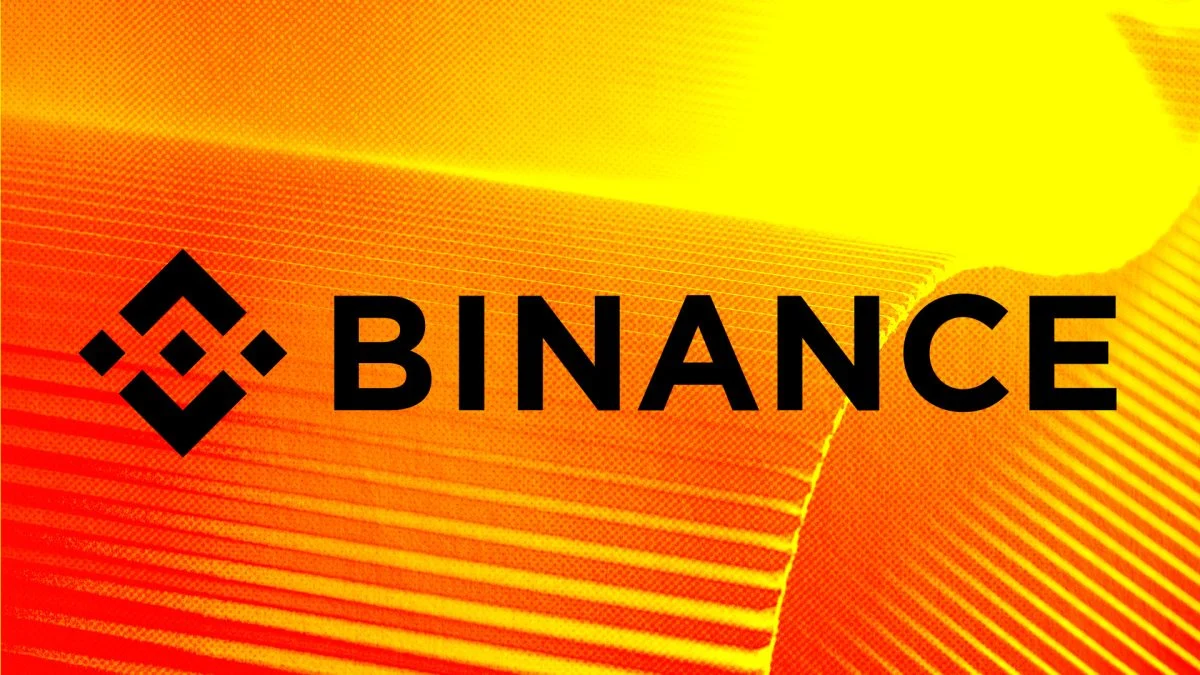In an evolving narrative that pits streaming giant Spotify against tech behemoth Apple, the former has aired grievances over what it perceives as delaying tactics employed by Apple, particularly concerning app updates in the European Union (EU). This contention unfolds against the backdrop of new EU regulations aimed at curbing anti-competitive practices by digital “gatekeepers,” a label that increasingly seems to fit the description of Apple’s operation of its App Store.
Key Highlights:
- The European Union has introduced regulations to prevent digital “gatekeepers” from engaging in anti-competitive practices, directly impacting how companies like Apple operate their app stores.
- Spotify has announced plans to introduce features allowing users to easily switch plans, purchase audiobooks, and download the app via alternative methods, contingent on Apple’s compliance with these new rules.
- The company has been vocal about its struggles with Apple’s policies in the past, criticizing the tech giant for practices that it believes unfairly restrict competition and innovation.
- Discussions and debates have surged online, with various perspectives on the implications for consumers, creators, and the tech industry at large.
Apple vs. Spotify: A Deeper Dive
At the heart of Spotify’s latest challenge is the Digital Markets Act (DMA), a legislative framework instituted by the EU to ensure fair competition and innovation among tech giants. The DMA specifically targets practices such as “anti-steering,” which restricts app developers from informing users about alternative subscription options. Spotify’s announcement to roll out new features by March 7, 2024, reflects a hopeful stance towards a more open digital marketplace, albeit with a cautious note about Apple’s potential response .
Spotify’s vision includes offering a seamless in-app experience for EU users, where they can access subscription details, promotions, and make purchases without the hindrances imposed by Apple’s current policies. The streaming service aims to transform the user experience, fostering an environment where choice and transparency prevail. This move has sparked a broader discussion on digital sovereignty, consumer rights, and the future of app distribution within the EU.
The Battle Rages On
As Spotify prepares to navigate these regulatory waters, Apple’s position remains a significant hurdle. Historical tensions between the two companies underscore a long-standing debate over app store fees, market control, and the broader implications for the tech ecosystem. Apple’s alleged appeal and reluctance to adapt swiftly to the DMA’s requirements suggest a protracted struggle ahead.
Regulatory Background and Implications
The DMA represents a significant step by the EU to regulate the digital market, aiming to curb the anti-competitive practices of major tech companies, referred to as “gatekeepers.” These regulations specifically target practices like “anti-steering” and seek to democratize the digital space by allowing developers to offer alternative subscription models and payment systems. This legislative environment has become a battleground for Spotify and Apple, as it directly challenges the latter’s control over app distributions and in-app purchases.
Spotify’s Strategic Moves and Apple’s Response
Spotify’s announcement of rolling out new features for its iOS app in the EU is a direct response to the opportunities presented by the DMA. These features aim to offer users more transparency and flexibility in managing subscriptions, purchasing audiobooks, and accessing promotions within the app. This move not only reflects Spotify’s ambition to reshape its service delivery in the EU but also underscores the broader implications for app developers seeking autonomy from Apple’s stringent App Store guidelines.
EU’s Stand and Broader Market Impact
The EU’s firm stance against Apple’s App Store practices through potential antitrust orders and fines highlights the regulatory body’s commitment to ensuring a competitive and fair digital market. This legal and regulatory pressure could serve as a catalyst for broader changes across the tech industry, prompting companies to reevaluate their business models and market strategies in light of new regulatory realities.
However, Apple’s reaction to these changes remains a critical factor. The tech giant’s historical reluctance to loosen its grip on the App Store’s operations suggests a challenging path ahead for Spotify and similar companies. Apple’s strategies and responses to the DMA will significantly influence the dynamics of the digital marketplace in the EU and potentially set precedents for global markets.
Meanwhile, the EU has taken a firm stance against Apple’s app store practices, with antitrust orders and potential hefty fines looming over the company. This legal pressure underscores the EU’s commitment to dismantling barriers to competition and ensuring a fair digital market.






























